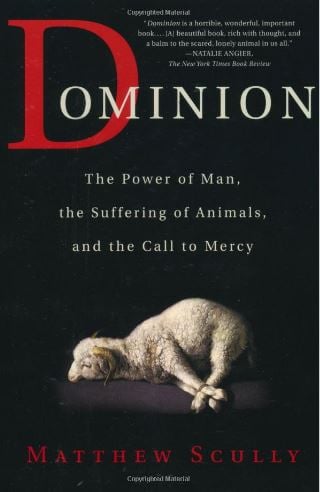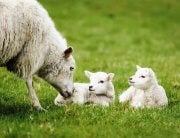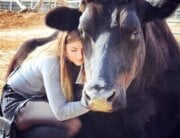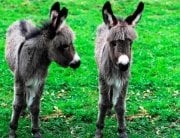Should Christians eat meat? How does God feel about factory farms? These are among the questions that Christian animal advocates find themselves asking.
The conversation intensified when Reverend Franklin Graham announced his New Year’s resolution to go vegan in order to get healthier and lose weight. He explained his decision to his massive social media following: “Remember in the Bible, Daniel went on a complete vegetable diet and after 10 days, his appearance was better than the others who hadn’t.”
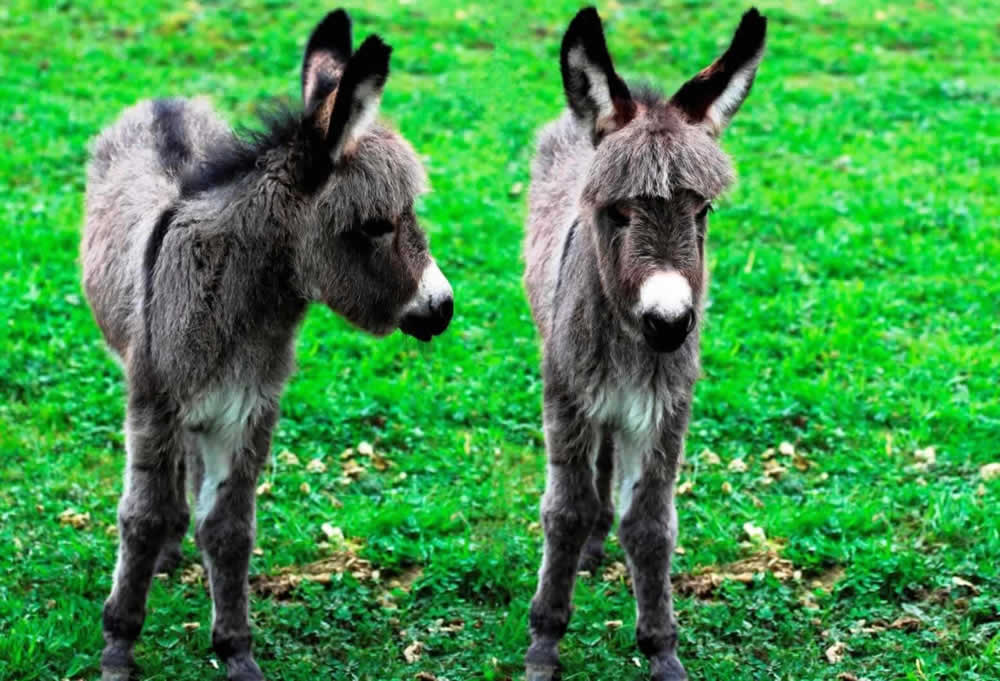
The story of Daniel may hold an important clue as to what the Bible tells us about caring for our “temples.” Daniel was an Israelite whom King Nebuchadnezzar wanted to train to serve in the palace. The king mandated that his trainees were to eat the same foods that he ate. But Daniel knew that the fatty diet wouldn’t be healthy and asked if he and his friends could eat only vegetables instead. After just 10 days, Daniel and his companions looked so much healthier that the rest of the king’s trainees were switched to vegetables as well. Daniel 1:17 tells us, “To these four young men God gave knowledge and understanding of all kinds of literature and learning” (NIV). And verse 20 goes on to say, “In every matter of wisdom and understanding about which the king questioned them, he found them ten times better than all the magicians and enchanters in his whole kingdom.” When the men followed a plant-based diet, they were rewarded.
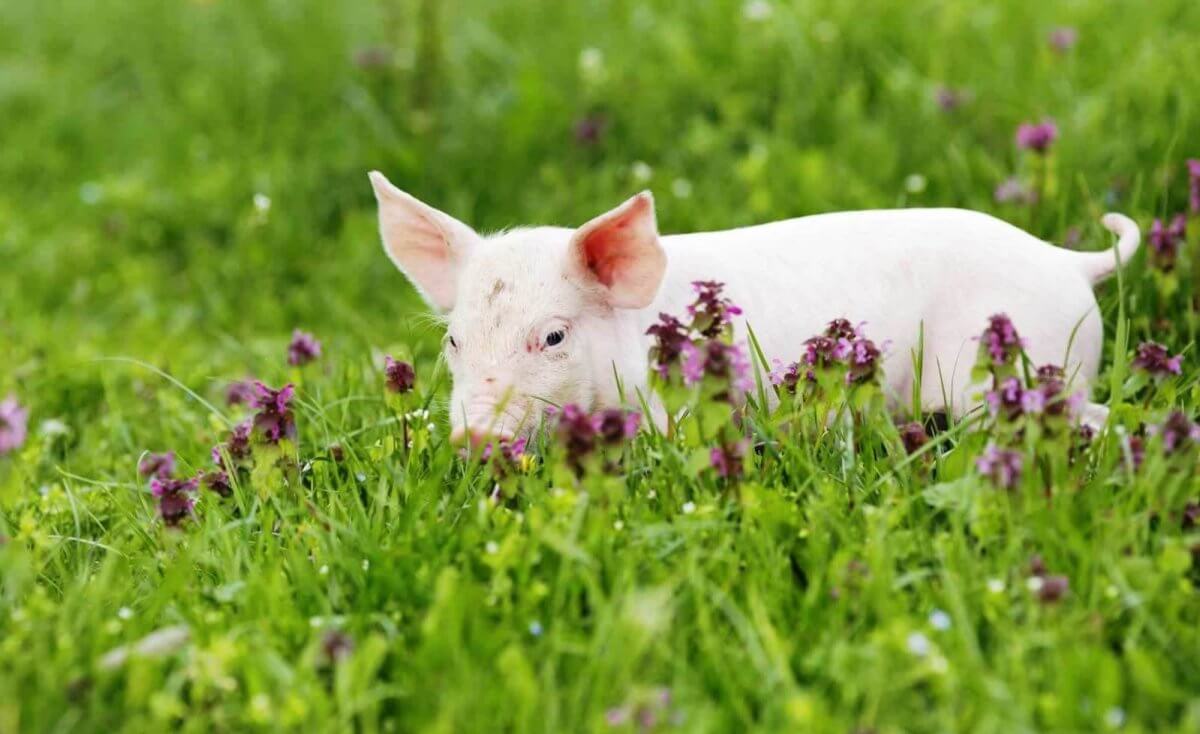
Refusing to kill animals for the fleeting taste of their flesh is a logical extension of Christian theology. As part of the story of creation, Genesis 1:29 tells us, “Then God said, ‘I give you every seed-bearing plant on the face of the whole earth and every tree that has fruit with seed in it. They will be yours for food.'” The verse suggests that God’s perfect plan for creation was vegan. Killing His animals for their flesh also seems to contradict numerous verses stating that Christians are called to be loving, kind, and merciful.
For Christians seeking answers, we recommend Christian philosopher Matthew Scully’s book Dominion: The Power of Man, the Suffering of Animals, and the Call to Mercy. A former senior speechwriter for President George W. Bush, he outlines what his search for answers led him to discover about the Bible’s teachings in relation to humans’ use of animals for food, clothing, experimentation, and entertainment.
For example, while Genesis 1:26–28 is often cited to justify using animals for human ends, Scully offers an alternative perspective: “The term dominion carries no insult to our fellow creatures. We were all sent forth into the world with different gifts and attributes. Their gifts, the ones their Creator intended for them, are good for many things––governing just isn’t one of them.”
Factory farming is an abuse of “dominion.” Meat and dairy farms rely on a system of constant, regimented cruelty in which animals’ needs are viewed as inconveniences—problems to be managed with a boot, a cage, or an electric prod, until their bodies have grown large enough to satisfy a human’s taste for flesh. On factory farms, animals are never treated as precious individuals created by a loving God. Instead, they’re merely allotted a monetary value—often of only a few cents—and treated like unfeeling objects: the “livestock” or “head.”
Throughout Dominion, Scully makes a convincing case that God has called Christians to show love and mercy and to retreat from using His animals for their own ends:
When substitute products are found, with each creature in turn, responsible dominion calls for a reprieve. The warrant expires. The divine mandate is used up. What were once “necessary evils” become just evils. … Man, guided by the very light of reason and ethics that was his claim to dominion in the first place, should in the generations to come have the good grace to repay his debts [to animals], step back wherever possible and leave the creatures be ….
To read more about what the Bible tells us about animals, you can find Matthew Scully’s Dominion here.

